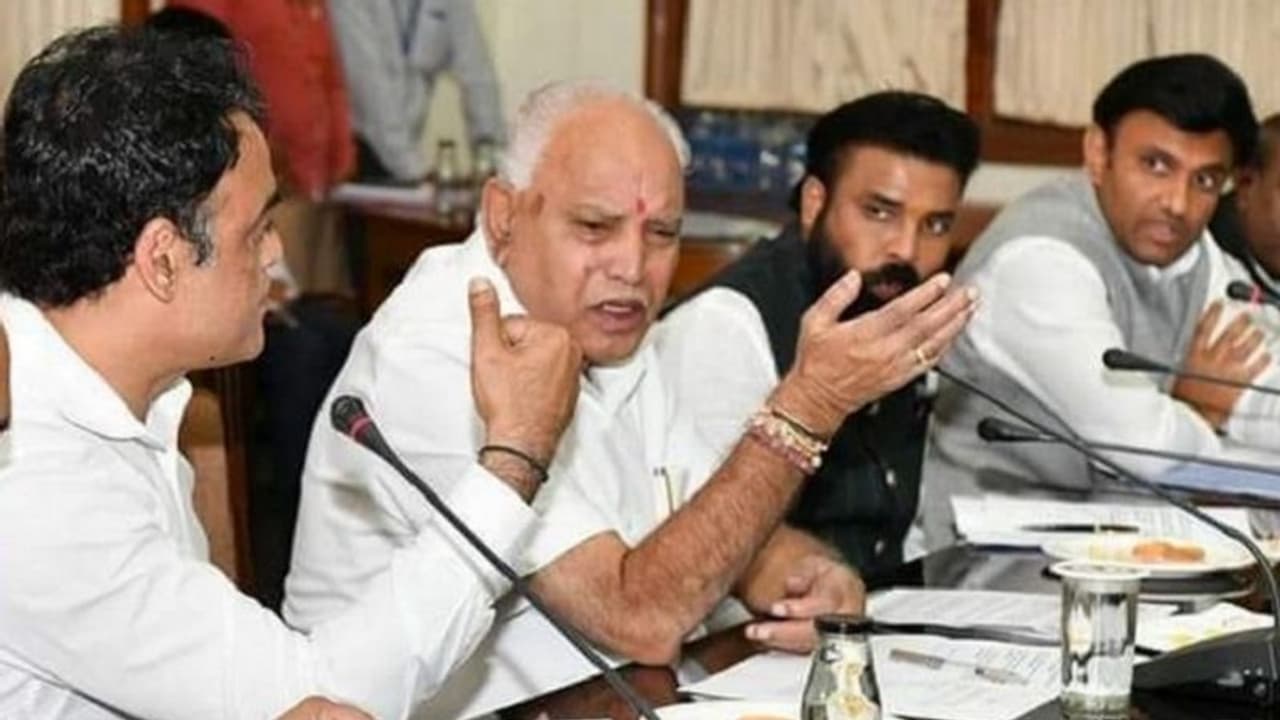The Centre has asked Indian states to replicate initiatives taken by Karnataka for COVID-19 management
New Delhi: The Centre has asked all states to replicate the best practices implemented by Karnataka, which includes comprehensive contact tracing of COVID-19 cases and physical or phone-based household survey, for better management of the coronavirus pandemic.

The Union health ministry on Friday (June 19) lauded the two initiatives taken by Karnataka that have been developed as part of the ‘whole of government' approach with the involvement of multi-sectoral agencies and supported by technology-based solutions and interventions.
They effectively trace and track each case thereby successfully containing the spread of the epidemic, the ministry said.
“The Centre has asked the other states to adapt these best practices to their local context and replicate them for better management of the COVID-19 pandemic,” the ministry said in its statement.
India on Friday added 13,586 new COVID-19 cases, the highest recorded in a single day so far, pushing the tally to 3,80,532, while the death toll rose to 12,573 with 336 new fatalities, according to health ministry data.
Karnataka has reported 114 deaths and 7,944 cases, according to the data updated at 8 am.
Contact tracing is a critical component towards containing the epidemic and ensuring that the health infrastructure does not get overwhelmed.
Karnataka has widened the definition of ‘contact' to include both the high-risk as well as low-risk contacts as defined by the central government. The number of primary and secondary contacts in Karnataka were meticulously traced and put under strict quarantine, the ministry said.
More than 10,000 well trained field staff carried out specific responsibilities for contact tracing as per the detailed SOP designed by the state which prescribes step-by-step actions to be performed by each designated person.
Contact tracing mobile app and web applications are being used to overcome the huge quantum of work, genuine forgetfulness of the positive persons and attempts to hide facts due to various reasons, the statement said.
The state has been able to curtail the spread of infection in slums of big corporation areas through compulsory institutional quarantine of the contacts residing in slums or similar areas.
It has also been made mandatory for all returnees and travellers coming to Karnataka to register on “Seva Sindhu” portal, which enables the state to follow them for the next few days when they are in home or institutional quarantine.
The ‘Quarantine Watch App’ is used to assist the field workers in enforcing the quarantine. The state has also formed mobile squads for enforcement of the home quarantine through community participation.
In case information is received from the neighbour or public about violation of quarantine by any person, that person is moved to institutional quarantine.
With a view to identifying, protecting and treating high risk population like the elderly, persons with co-morbidities, pregnant women and those with Influenza like Illness (ILI)/ Severe Acute Respiratory Illness (SARI) on priority, Karnataka has conducted a physical/phone based household survey, the ministry said.
The survey was carried out during May and covered 153 lakh households out of total 168 lakh total households.
Polling Booth Level Officers (BLO) were engaged to collect necessary information by using a Health Survey App as well as a web application.
The data collected through the survey was complemented by the information already available with the Health Department for pregnant mothers and TB/HIV/Dialysis/Cancer patients.
An outreach campaign through Apthamitra tele-consultation helpline (14410) set up by the state government, with support from NASSCOM, is being used to reach out to the households at risk through interactive voice response system (IVRS) and outbound calls.
The households reporting anyone with COVID-19 like symptoms are triaged by a telemedicine doctor and further advised.
Field level health workers (ASHA) also visit these households to ensure that the required healthcare service is provided.
(With inputs from PTI)
